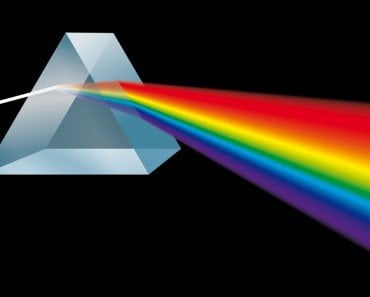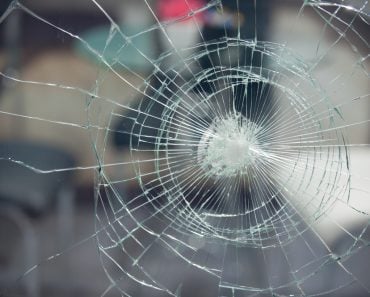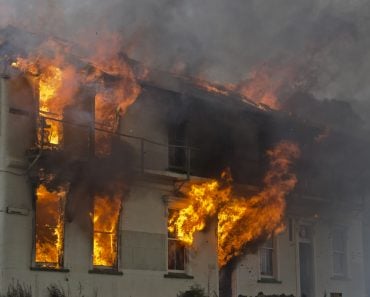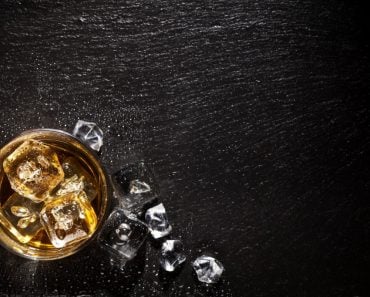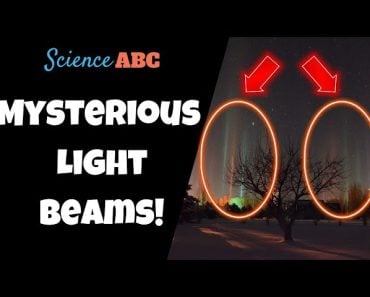Table of Contents (click to expand)
Cracks appear opaque/highly translucent due to a combination of the irregular reflection, total internal reflection and absorption of light inside the glass.
If you’ve ever broken your glasses, you’ve surely noticed that the cracked edge of the glass appears dark grey and opaque. In fact, if you wear open frame glasses, then you’ve also surely seen that the bottom edge of the glass is green-greyish in color and also opaque, even without any cracks.
This also happens with glass rulers, windows, and smartphone screens. Not only glass, but hard transparent plastics (like the screen guard of smartphones) also display the same phenomena.
But why does this happen? Shouldn’t glass be transparent from every direction?
The answer lies in the question itself, i.e., the “direction”. However, before jumping right into it, we must first understand some basics about the behavior of light in general.
Recommended Video for you:
Basics Of Geometrical Optics
1) Reflection Of Light
When light strikes a shiny surface, it bounces off in the same direction from which is came. This is known as reflection. It can be defined more precisely using simple geometry.
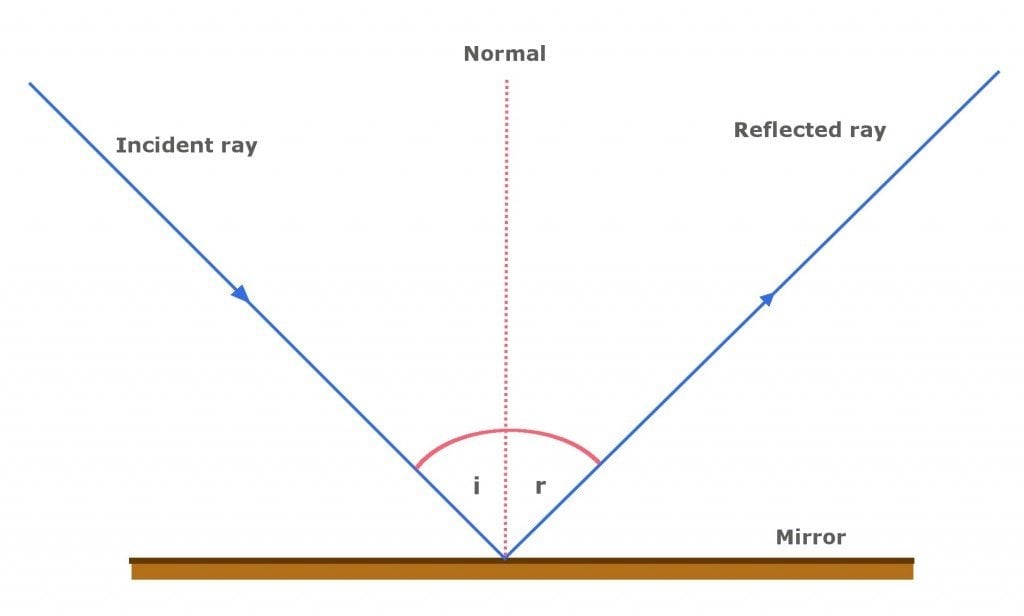
Imagine that a ray of light strikes a plane surface. At the point of contact between the surface and the light ray, draw a line perpendicular to the plane. This line is called the normal. When a ray of light strikes the plane surface, it makes some angle with the normal. This is called the angle of incidence. When the light bounces off the surface, the reflected ray also makes some angle with the normal. That angle is called the angle of reflection.
For reflection, the angle of incidence and the angle of reflection are always equal.
2) Refraction Of Light
When light strikes a transparent object, like glass, it moves through that object and comes out on the other side. However, the images seem to be broken at the boundary of glass and the surrounding medium.
This is called refraction, which can also be described more precisely using simple geometry.

Assume that a ray of light propagates through air and strikes a thick glass slab. At the point of contact between the slab and the light ray, draw a line perpendicular to the glass slab. This is called the normal. When the light ray strikes the glass slab, it makes an angle with the normal. This is called the angle of incidence.
After striking the slab, the ray enters the slab and moves through it. This light ray inside the the slab is called the refracted ray. The angle between the refracted ray and the normal is called the angle of refraction.
During refraction, the angle of incidence and the angle of refraction are never equal.
Every medium has a property called optical density. Optical density gives some idea about the speed of light in that material. The ratio of the speed of light in a material to the speed of light in vacuum is called the refractive index. The greater the refractive index, the slower the speed of light, and thus the greater the optical density.
 , where v = speed of light in the medium
, where v = speed of light in the medium
c = speed of light in vacuum
n = refractive index of the medium
If the speed of light in a medium is slower than the speed of light in vacuum, then that medium is said to be optically denser than air.
If light travels in two media with different refractive indices, then Snell’s law provides a useful relationship.
 , where n1, n2 = refractive indices of media 1 and 2 respectively
, where n1, n2 = refractive indices of media 1 and 2 respectively
 = angle of incidence
= angle of incidence
 = angle of refraction
= angle of refraction
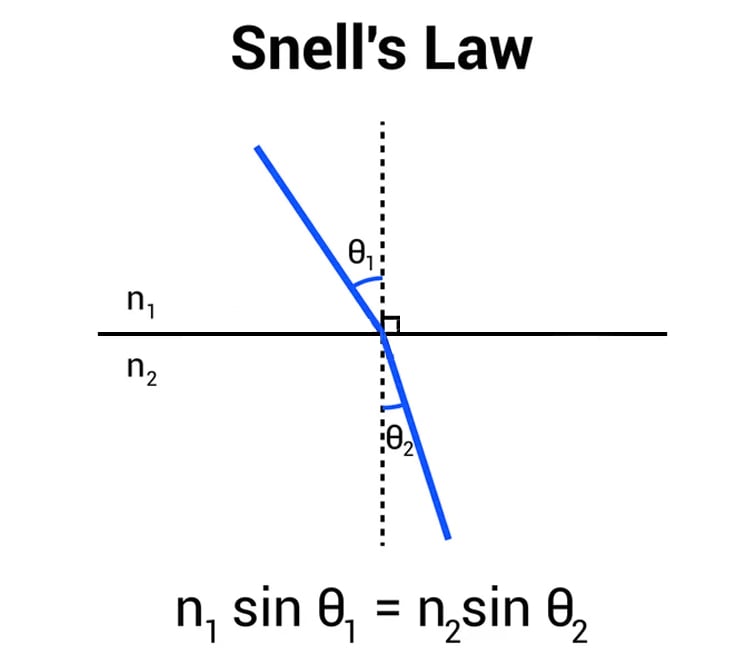
3) Total Internal Reflection
When light moves from an optically denser medium into an optically rarer medium, if the angle of incidence is greater than a threshold angle, called the critical angle, then the light ray gets reflected back towards the original medium, without undergoing refraction. This phenomena is called total internal reflection.
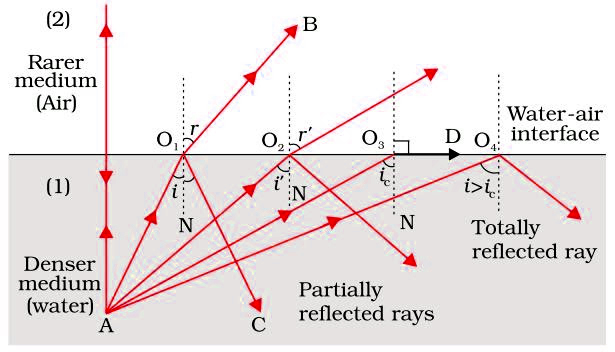
Absorbance Of Light
Whenever light propagates through a medium, its intensity decreases over time. For example, a beam from a torch can only reach so far before it fades away and becomes invisible. This happens because light interacts with the matter around it, and some of that light gets absorbed as a result of this interaction.
Similarly, when light moves through glass, some of its energy gets absorbed, resulting in a decrease in the intensity of the refracted wave. If the glass is thick enough, light must travel a long distance inside the glass. Thus, a significant fraction of the light gets absorbed and the intensity of the emergent ray is diminished, as compared to the intensity of the incident ray. How much a material absorbs light is given by Beer-Lambert’s law.
The intensity of emergent light, I is given by:
 , where Io = intensity of incident beam
, where Io = intensity of incident beam
l = distance travelled by light inside the absorbing medium
c = molar concentration of absorbing molecules, ions
 = molar absorption coefficient (gives an idea of the absorbing capacity of the medium)
= molar absorption coefficient (gives an idea of the absorbing capacity of the medium)
Thus, the greater the glass length, the lesser is the intensity of the emergent ray.
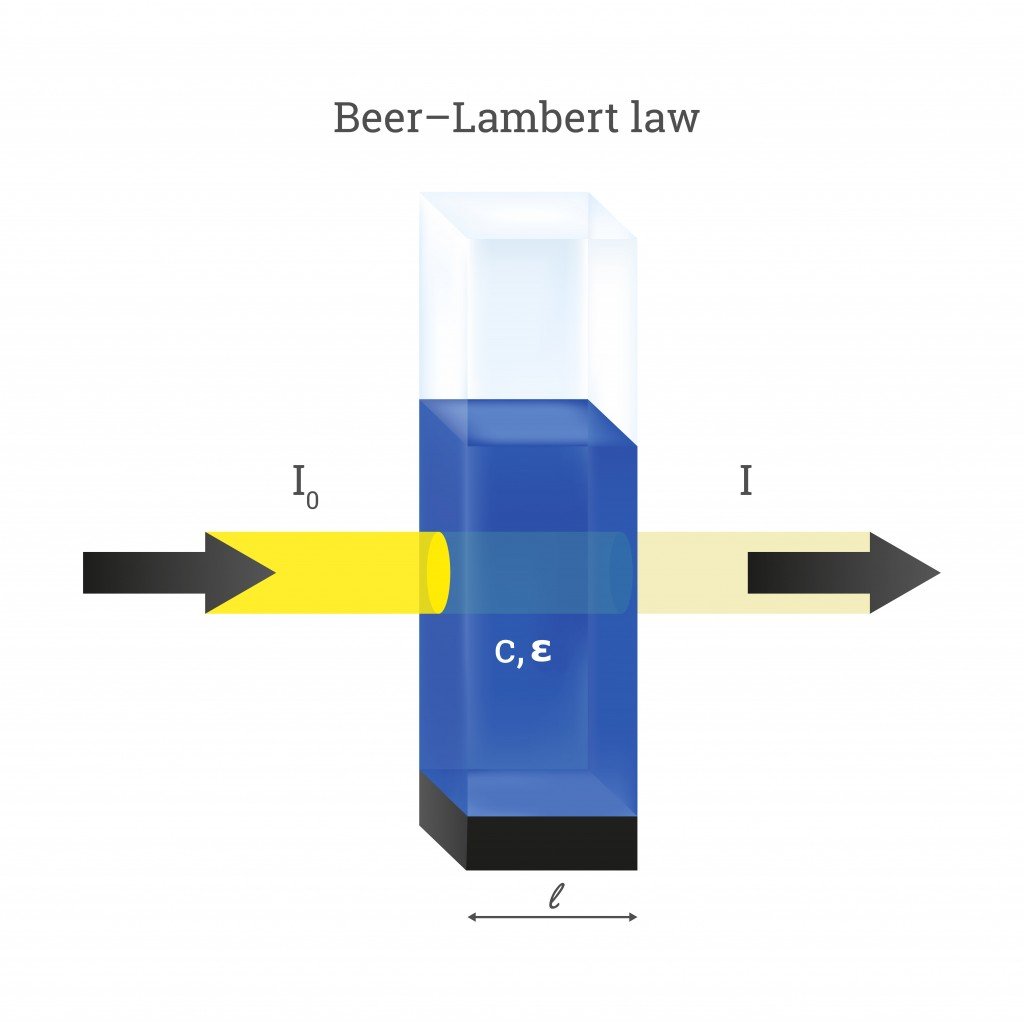
Why Cracks In Glass Look Opaque
Now that we have some idea about the behavior of light inside a medium, let’s discuss the answer.
When light strikes a cracked glass edge, the following happens:
There always exists some reflection, even off a transparent surface like glass. The cracking of glass exposes the rough edges. When a light beam is incident on this rough edge, the beam splits into multiple rays that get reflected away in multiple directions. These reflected rays interfere in such a manner that no clear image can be formed. This is called irregular reflection.
Some of the light enters the glass. When light enters through the cracked edge, some of the rays become trapped inside due to total internal reflection. This is because the rays move in a manner such that the angle of incidence inside the glass is greater than the critical angle.
Thus, the light cannot come out of the glass. Since light is trapped inside, there’s no visibility of the region behind the broken glass, i.e., the transparent glass on the other side. As a result, the transparency of that glass region becomes diminished.
Since some of the light remains trapped, it also gets absorbed. The longer the path length (l) that the light rays have to spend inside the glass, the greater the amount of absorption. This decreased intensity of light (I) is also responsible for the increased opacity of cracks. The greater the molar absorption coefficient of glass ( ), the greater is the absorption of light.
), the greater is the absorption of light.
Thus, cracks appear opaque/highly translucent due to a combination of irregular reflection, total internal reflection and absorption inside the glass!

